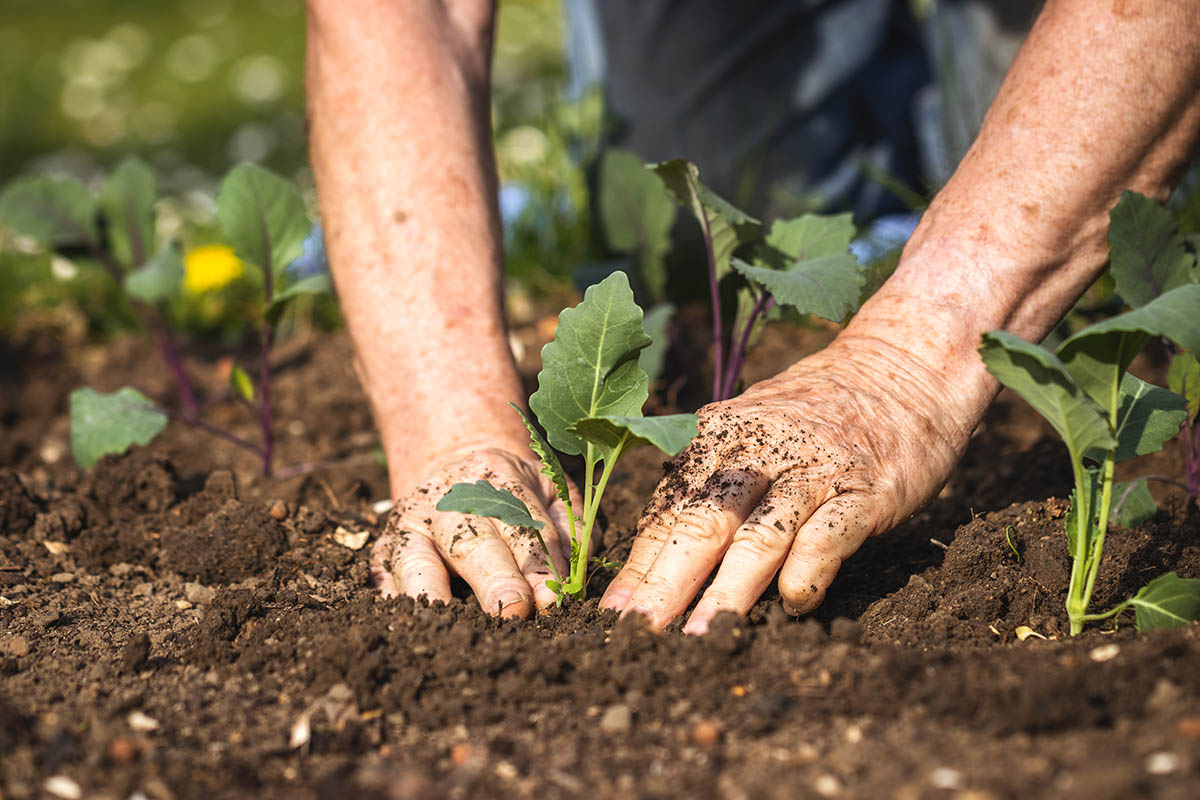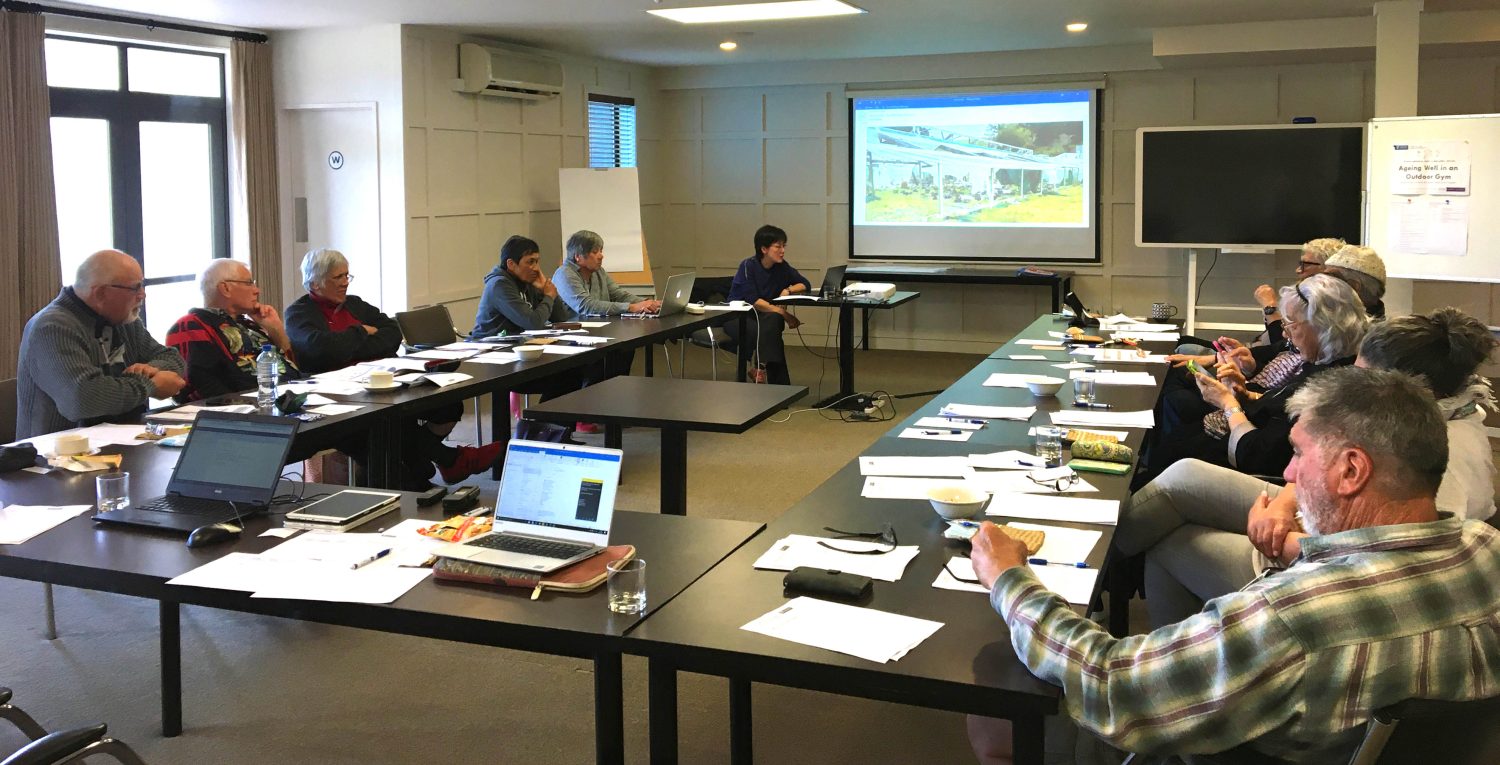In New Zealand, gardening is the most preferred physical activity for older adults. Benefits of gardening have shown to assist mental and physical health, as well as facilitating a sound body-mind-spirit connection. It’s a national pastime for a reason. For many Māori, gardening is also a way to build connection with the whenua through manaakitanga, and fostering physical, spiritual, and cultural ties.
Dr Ruth Teh, of the University of Auckland, identified gardening as a potential tool for building strength and wellness in older people. Her phase 1 research, the SUPER (Staying UPright and Eating well Research) study looked at different ways to stave off frailty in older adults by using strength and exercise programs, cooking classes, and a combination of the two. In this study, Dr Teh recognised that there was a low engagement rate with older Māori in the previous study. So Dr Teh and her team were curious – what if they developed a healthy lifestyle program specifically for Māori that is built around gardening?
About the research
The aim of this new project was to co-design this programme – Ageing Well in Outdoor Gym (AWinOG) – with older Māori participants. The research team partnered with Te Pauwhenua o Tiakiriri Kukupu Trust in Whangerei to co-create and co-design the programme, meaning that the end-users were part of the consultation and this encourages greater engagement and participation when they have had a say in the programme’s design.
The research team facilitated two wānanga (focus groups) at the commencement of the Towards optimising vitality in older adults study to learn about what was important to the participants and how they could incorporate these ideas into the study. From the wānanga, the team understood older Māori have a holistic worldview of healthy ageing and that healthy ageing is viewed as a continuum of health and wellbeing from the youngest member in the family to the eldest.
For the kaumātua themselves, healthy ageing means meaningful social relationships (‘doing things together’, ‘mutual motivation and focus’ on the collective), spiritual wellbeing, relaxation/meditation, regular exercise, and consuming a balanced diet. The team then translated their learnings into a purpose-built exercise and wellness programme that utilised gardening and socialising as the driving forces.

